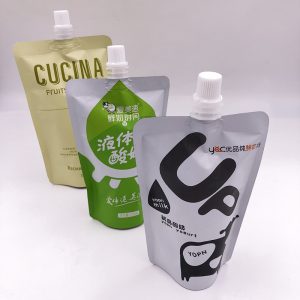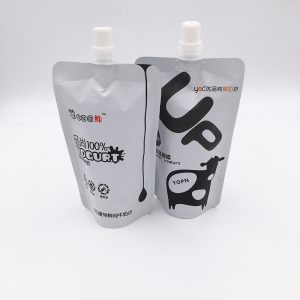1. Lightweight and high specific strength. Plastics are light in weight. The density of general plastics is between 0.9~2.3 g/cm3, which is only 1/8~1/4 of steel and 1/2 of aluminum. The density of various foamed plastics is lower, about Between 0.01~0.5 g/cm3. The strength calculated per unit mass is called the specific strength, and the specific strength of some reinforced plastics is close to or even higher than that of steel. For example, alloy steel has a tensile strength per unit mass of 160 MPa, while glass fiber reinforced plastic can reach 170 to 400 MPa.
2. Excellent electrical insulation performance. Almost all plastics have excellent electrical insulation properties, such as extremely small dielectric loss and excellent arc resistance, which are comparable to ceramics.
3. Excellent chemical stability. General plastics have good corrosion resistance to chemicals such as acids and alkalis, especially the chemical resistance of polytetrafluoroethylene is better than gold, and even resistant to corrosion by strong corrosive electrolytes such as “aqua regia”, which is called ” Plastic King”.
4. Good anti-friction and abrasion resistance. Most plastics have excellent anti-friction, wear resistance and self-lubricating properties. Many anti-friction parts made of engineering plastics make use of these characteristics of plastics. When certain solid lubricants and fillers are added to wear-resistant plastics, the friction number can be reduced or the wear resistance can be further improved.
5. Light transmission and protection performance. Most plastics can be used as transparent or translucent products, among which polystyrene and acrylic plastics are as transparent as glass. The chemical name of plexiglass is polymethyl methacrylate, which can be used as aviation glass material. Polyvinyl chloride, polyethylene, polypropylene and other plastic films have good light transmission and warmth retention properties, and are widely used as agricultural films. Plastic has a variety of protective properties, so it is often used as protective equipment, such as plastic films, boxes, barrels, bottles, etc.
6. Excellent shock absorption and noise reduction performance. Some plastics are flexible and full of elasticity. When they are subjected to frequent mechanical shocks and vibrations from the outside, viscous internal friction is generated internally, which converts mechanical energy into thermal energy. Therefore, it is used as a shock-absorbing and sound-absorbing material in engineering. For example, bearings and teeth made of engineering plastics can reduce noise, and various foamed plastics are widely used as excellent shock-absorbing and sound-absorbing materials.
The excellent properties of the above-mentioned plastic make it widely used in industrial and agricultural production and people’s daily life; it has been used as a substitute for metal, glass, ceramics, wood, fiber and other materials from the past to become modern life and cutting-edge An indispensable material for industry.








